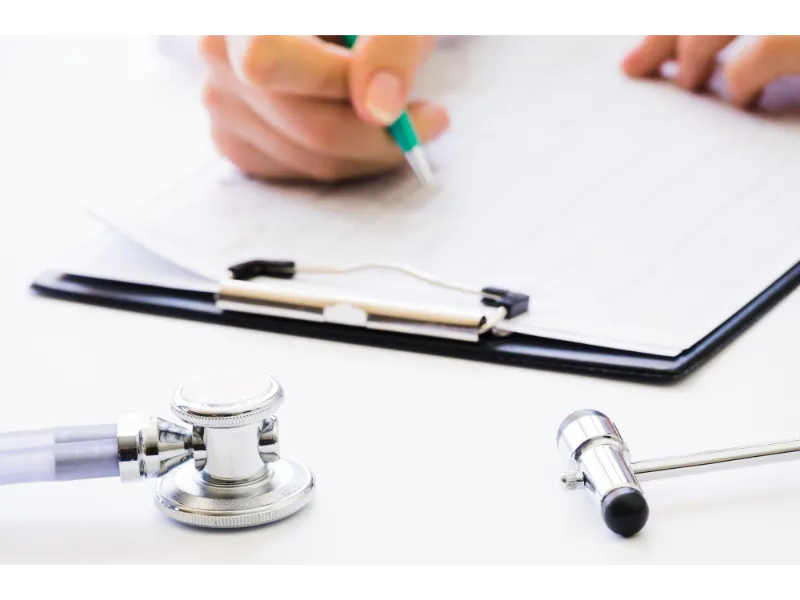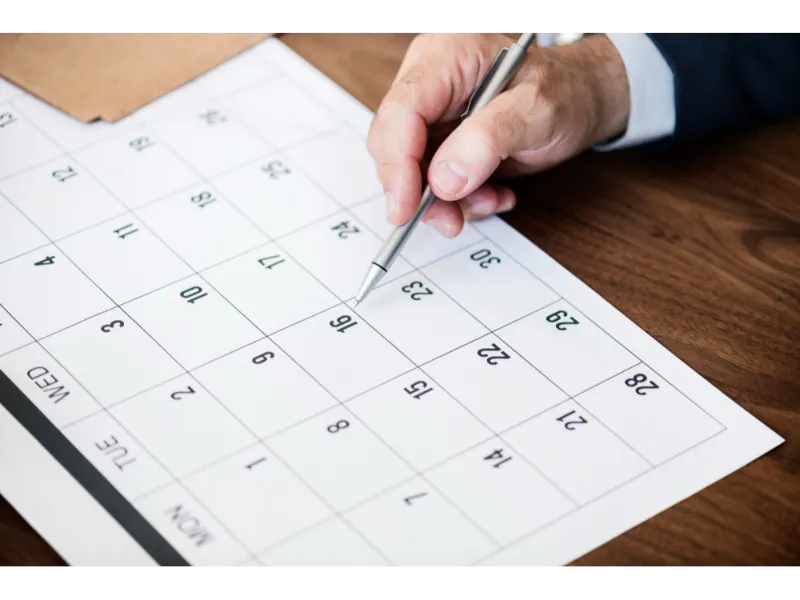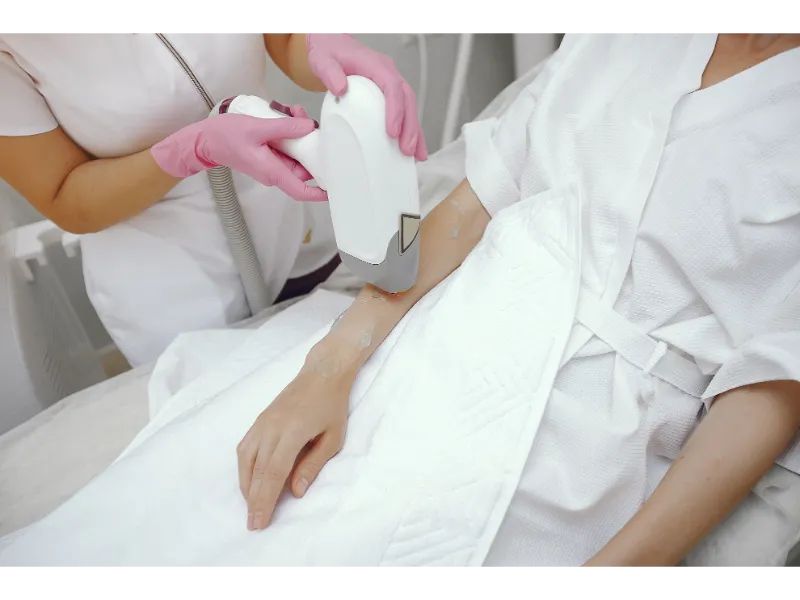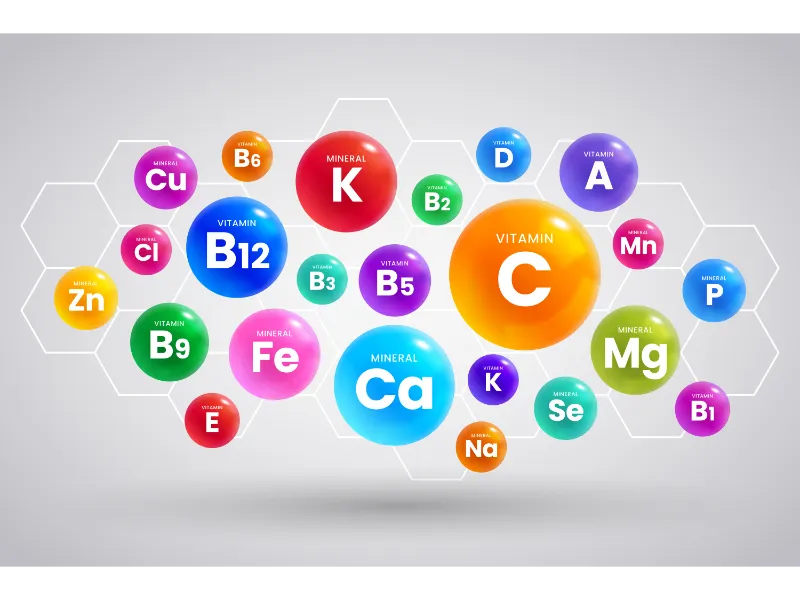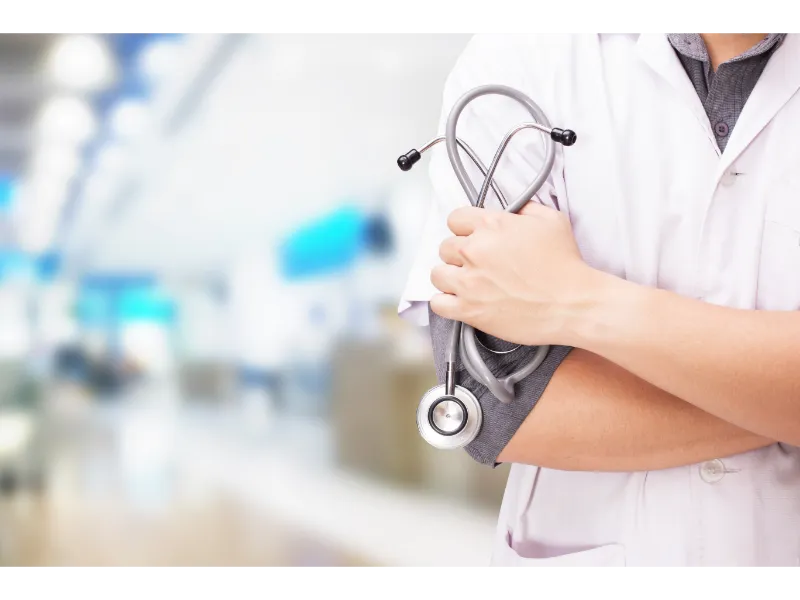Life After Gastric Bypass Surgery
Life After Gastric Bypass Surgery: What to Do and Not Do
In the months and years after gastric bypass surgery, you will make a number of significant lifestyle changes. The following recommendations will help you reach and maintain your weight loss goals.
- Your caloric intake will be strictly limited after surgery, which should help you lose weight. So don’t drink beverages that provide no nutrition and will hinder your weight loss. If you focus on eating more protein, fruits and vegetables, you can make every calorie count.
- The ultimate empty calorie is sugar, which can make your blood sugar rise, make you hungry, and offers no nutritional value. One way to cut back on sugar intake is to eliminate soft drinks from your diet. Carbonated drinks can cause gas pain and increase the pressure in your stomach, which can lead to problems with your staples and sutures.
- After your surgery, it is essential that you reserve the small amount of space you have in your stomach for high-quality, nutrient-rich food. So avoid drinking beverages before and during your meal.
- It is important that you don’t skip any of your follow-up visits to your surgeon. After surgery, your progress will be closely monitored. When you miss an appointment, any nutritional deficiencies, surgical complications or other issues that may have emerged may not be discovered in a timely manner.
- Take all of your medications unless your surgeon tells you otherwise. Many diseases can improve following surgery and weight loss, but that doesn’t mean you should stop taking your medication.
- Avoid snacking, as it is a habit that can slow your progress and hurt your long-term success. Stick to high-quality meals and avoid junk foods. If you are hungry, have a meal, but don’t snack between meals.
- At every meal, protein should be your primary focus. Not only will it help you maintain your muscle mass while losing fat, but it will also help you feel full longer after meals.
- Don’t drink alcohol, which is full of empty calories that provide no nutritional value. Weight loss surgery also makes the body more vulnerable to the effects of alcohol.
- If you aren’t hungry, don’t eat. Learn to listen to your new, smaller stomach and only eat when your body wants you to. /li>
- Simple carbohydrates are highly processed foods such as white bread, pasta, sugar and white rice. Simple carbohydrates can elevate blood glucose levels, triggering hunger pangs and cravings.
- As soon after surgery as you are able, get some exercise. Your weight loss results will be better, and you will be encouraged by your increasing stamina that comes hand in hand with shedding pounds. Walking also helps prevent serious post-operative complications, such as pulmonary embolus and blood clots.
- Don’t eat while you watch TV. When you give food your full attention, you will soon know when enough is enough.
- Drink plenty of water. Hydration improves energy, and will help you to distinguish between hunger and thirst.
- Remember that surgery is a way to lose weight, but it is not a miracle fix for every problem in your life. Be realistic in your expectations for your life after surgery.
- Eliminate caffeine from your diet. Caffeine alters your mood, increases your heart rate and is a diuretic. If you drink caffeine, you will be working against your efforts to stay well-hydrated.
- If you need bariatric surgery, it’s very likely that you used food as a coping mechanism for stress. This means you need to find healthier ways to cope with stress, such as exercise, reading, or visiting with a friend.


